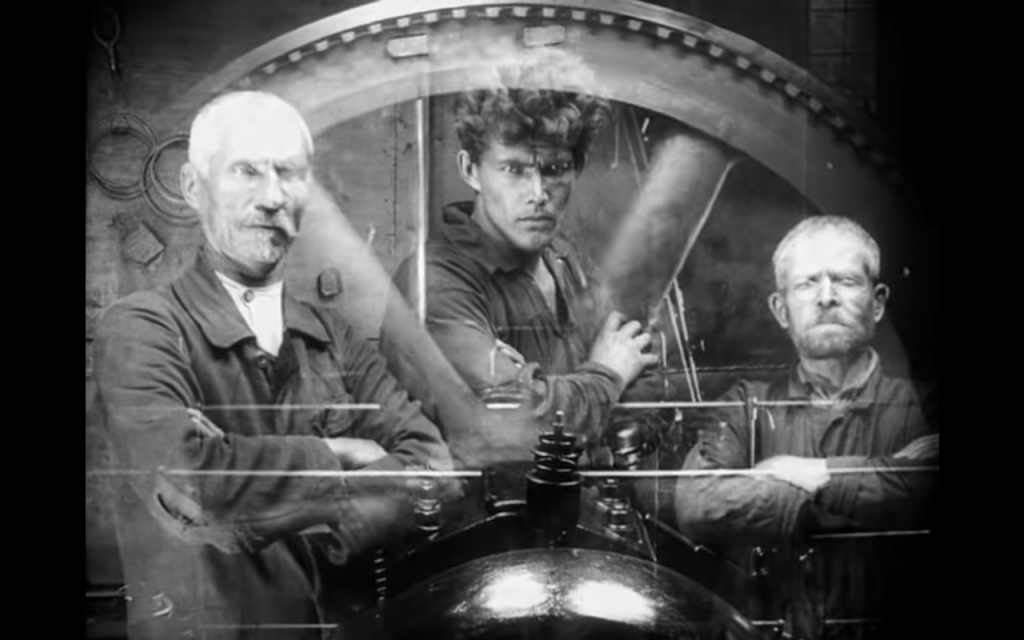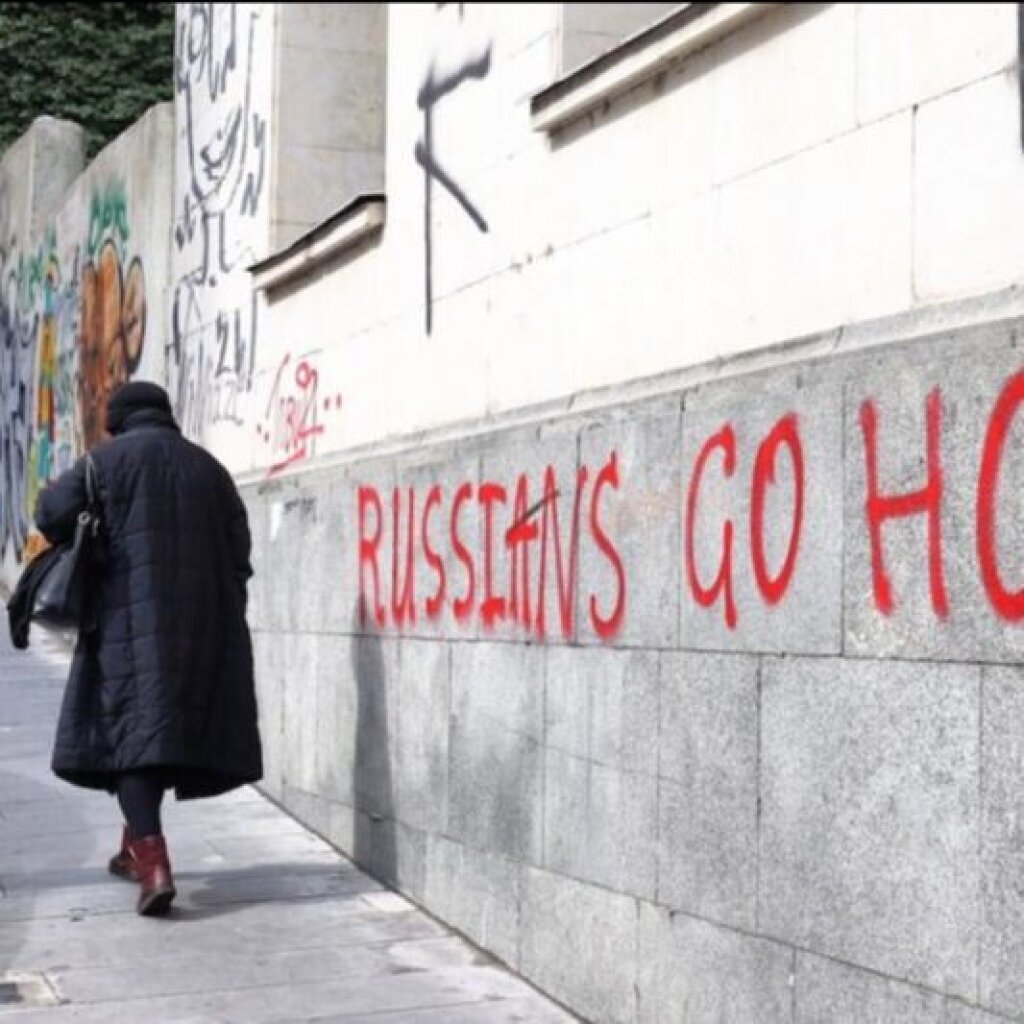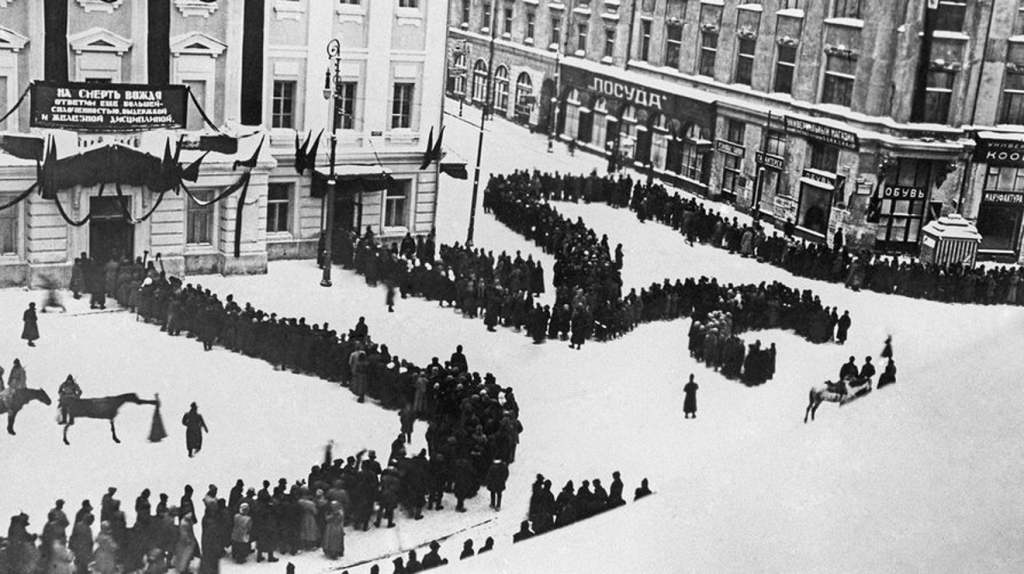The 1920s witnesses the emergence of the feature-length strike film as a world cinema form. This talk examines the formidable impact of Sergei Eisenstein’s Strike (1925) on this untheorized corpus of global filmmaking. Not merely a topic — i.e., a representation of strikes on screen — the strike film is a struggle by filmmakers over how to apprehend collective resistance through the specific affordances and contradictions of cinema as a medium, artform, and technology. This talk examines the afterlives and afterimages of Strike on its global successors into the contemporary period, with a particular inflection point in the militant political cinemas of the 1960s-1970s in Latin America, where Eisenstein’s impact was arguably at once most profound and most eccentric. It zeroes in on three key problems of this genealogy: narration (a problem of duration, episode, and denouement in recounting the strike); montage (indexing the labor of the “filmworker,” a proxy for the withheld labor of striking workers) and collectivity (of both workers on strike and the viewing public). In the process, I argue that reading Eisenstein as a “red thread” also offers non-stagist and non-diffusionist models for understanding both the strike film and world cinema more broadly.
This event is co-sponsored by the NYU Department of Comparative Literature.
This event will be hosted in person and virtually on Zoom. Register for the Zoom meeting here. Non-NYU affiliates must RSVP for in-person campus access.
Sarah Ann Wells is Associate Professor in the English Department at the University of Wisconsin-Madison. She is the author of Media Laboratories: Late Modernist Authorship in South America (Northwestern University Press, FlashPoints Series, 2017, winner of the Best Book in the Humanities Prize of the Latin American Studies Association/Southern Cone Section) and co-editor of Simultaneous Worlds: Global Science Fiction Cinema (University of Minnesota Press, 2015). Her scholarship on comparative film and media studies has been published or is forthcoming in Modernism/Modernity, South Atlantic Quarterly, The Global South, Luso-Brazilian Review, Comparative Literature, Comparative Literary Studies, and the edited volumes Cosmopolitan Film Cultures in Latin America: 1896-1960 (2017) and Comintern Aesthetics (2020). She is currently writing a book manuscript entitled The Labor of Images: the Strike Film as World Cinema Form, the recipient of fellowships from the American Council of Learned Societies and the Cornell Society for the Humanities.



